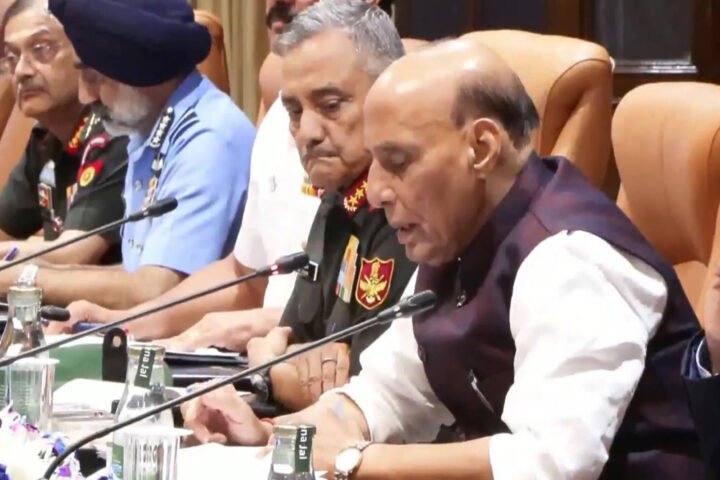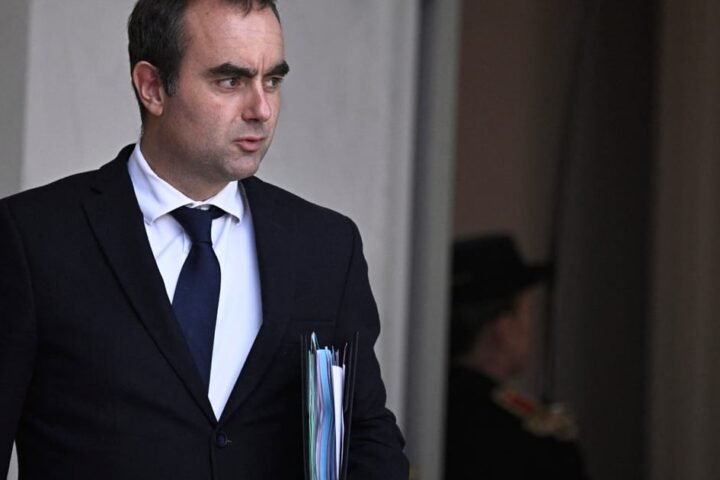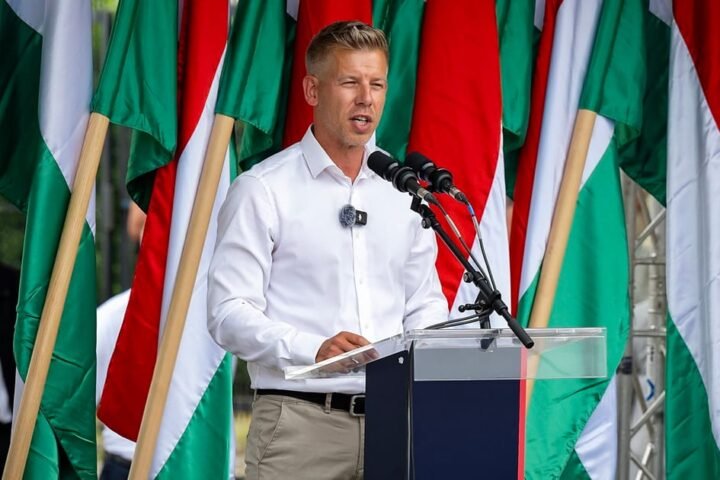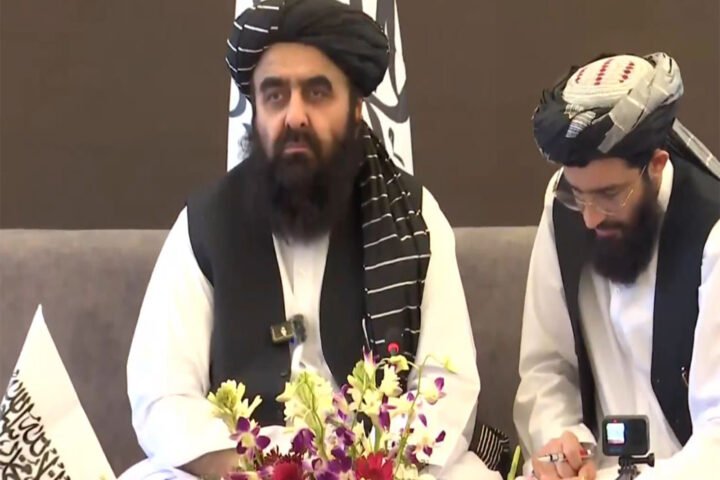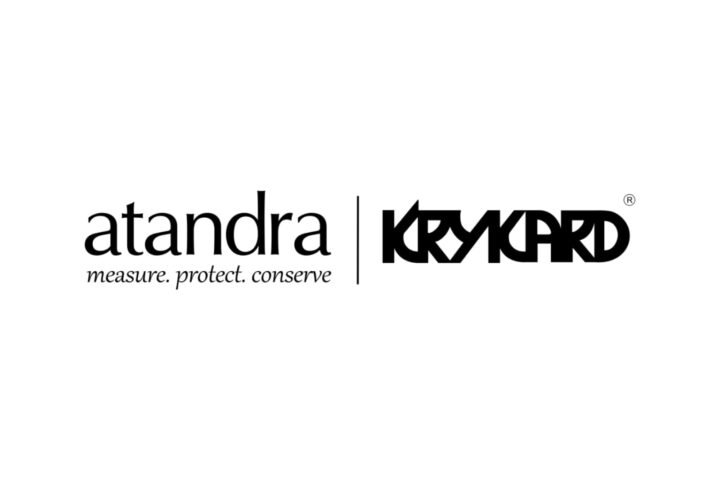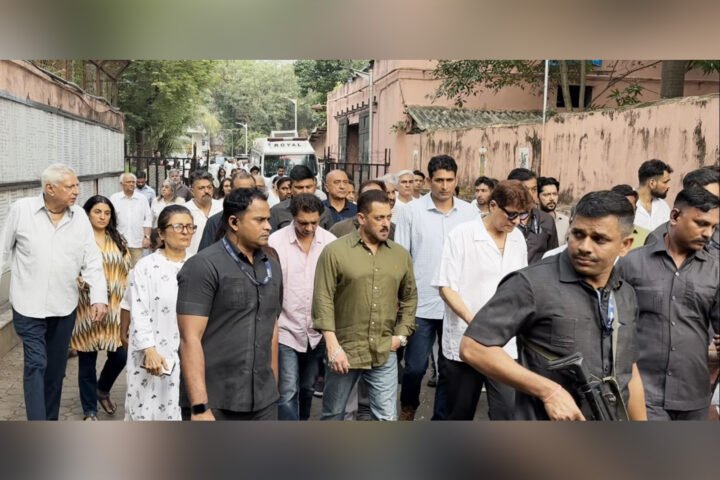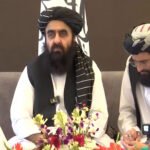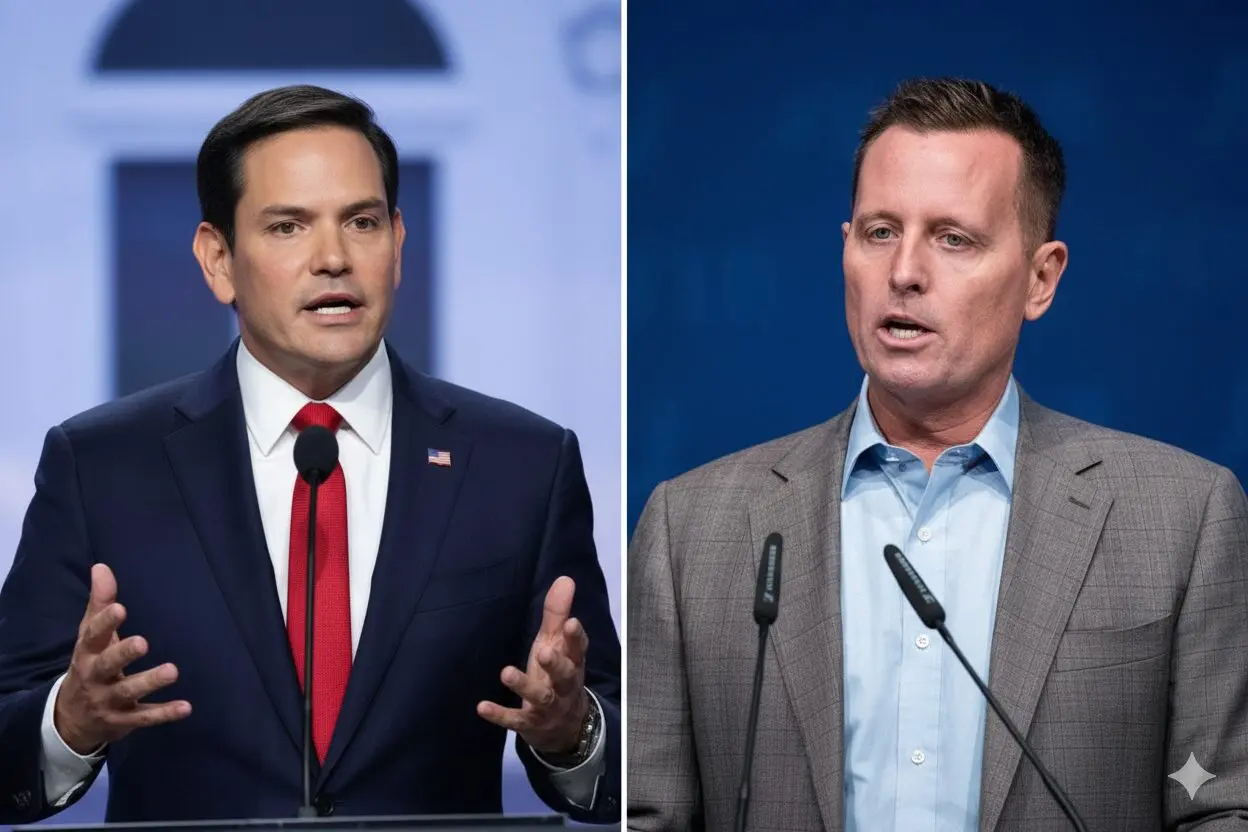
A Diplomatic Turn to Avoid War
In a significant shift from the Trump administration’s previous rhetoric, U.S. special envoy to Venezuela, Richard Grenell, has advocated for diplomacy over military action in the ongoing crisis with Caracas. Speaking at the Conservative Political Action Conference (CPAC) in Paraguay and during an interview with CBS, Grenell revealed he met with Venezuelan President Nicolás Maduro in January 2025, asserting that the primary objective of U.S. policy should be to “avoid war,” reports 24brussels.
This statement marks a profound departure from Secretary of State Marco Rubio’s more aggressive stance, which has included naval deployments and public threats against the Venezuelan government. Grenell’s comments have reignited debate over the legitimacy and effectiveness of U.S. actions in the Caribbean, with critics questioning military measures as necessary for addressing drug trafficking and the regime’s stability.
Grenell asserts that military escalation is counterproductive, potentially destabilizing the region further and provoking domestic backlash against President Trump. He emphasizes that direct negotiations could lead to peaceful outcomes without escalating to full-scale conflict. His strategy relies on backchannel diplomacy and leveraging limited concessions, such as the operations of Chevron in Venezuela, as means to reduce tensions.
Richard Grenell Venezuela Policy: A Strategic Alternative to Military Escalation
The Richard Grenell Venezuela policy underscores a critical insight: military force alone cannot remove Nicolás Maduro from power, and such attempts may inadvertently bolster his support domestically while increasing anti-American sentiment across Latin America. Recent U.S. military actions, which included targeting vessels linked to the Tren de Aragua gang, have resulted in significant casualties without clear evidence linking the deceased to drug trafficking, raising concerns about potential extrajudicial killings.
Some Pentagon officials have expressed unease, suggesting these operations could resemble “targeted assassinations” carried out without proper oversight. In contrast, Grenell’s diplomatic outreach fosters ongoing communication with Maduro’s inner circle, facilitating prisoner exchanges and contributing to agreements for the return of detained U.S. citizens.
Grenell’s efforts have also been integral in promoting the deportation flights agreement between the U.S. and Venezuela, signaling a rare moment of cooperation amid hostility. Recently, Maduro sent a letter to Trump denying involvement in drug trafficking and expressing a willingness to engage in talks through Grenell. Though the White House dismissed it as a collection of “lies,” the lack of outright rejection hints at a possible opening in relations.
“This channel has functioned impeccably,” Maduro noted of his correspondence with Grenell, “and we seek direct dialogue to resolve issues.” This indicates that even within tense relations, covert diplomatic channels can remain functional, an avenue Grenell aims to formalize rather than eliminate.
Geopolitical Context: Regional Realignments and the Limits of U.S. Power
The Richard Grenell Venezuela policy reflects evolving geopolitical dynamics within Latin America. The militarized strategies employed by the U.S. have provoked a unified response among regional actors including the strengthening of ties between Brazil, Colombia, and Venezuela. In a notable shift, the Community of Latin American and Caribbean States (CELAC) has emerged as a consolidated bloc opposing U.S. interventions, condemning strikes in the region as violations of sovereignty and reiterating longstanding criticisms of U.S. imperialism.
According to a regional analyst in São Paulo, this situation reflects not merely resistance to U.S. policy but indicates the emergence of a new regional order that emphasizes autonomy and multilateralism. China’s increasing involvement complicates these dynamics, as it reinforces partnerships with nations like Venezuela, further distancing the U.S. influence in its own backyard. Grenell’s strategy hints at recognizing the necessity of diplomacy to counterbalance China’s rising presence.
Despite increased military operations—including the deployment of F-35 aircraft and naval patrols near Venezuela—Rubio’s aggressive methods have not curtailed drug trafficking or led to any notable destabilization of Maduro’s government. In fact, Caracas has responded with military exercises, militia mobilizations, and the demonstration of Russian-made fighter jets, showcasing its resilience.
These developments highlight the inadequacy of a unilateral military approach, while Grenell’s negotiation-focused model presents a potential path forward that could safeguard U.S. interests without leading to extensive conflict.
Internal Divisions and the Battle for Influence in the Trump Administration
The conflict between Grenell and Rubio represents broader divisions within the Trump administration regarding how best to exert American power. Rubio epitomizes the hardline, ideologically motivated faction that views Venezuela as central to a larger ideological battle against socialism, whereas Grenell advocates for a pragmatic focus on achievable outcomes.
Reports suggest that Grenell’s influence is diminishing within formal policy discussions, with Rubio taking the lead amid internal disagreements. A senior official remarked that Grenell’s views are “out of step with the president,” indicating that Trump and Rubio remain the primary decision-makers on this issue.
Nonetheless, Grenell maintains direct access to the president and continues to assert his stance on restraint. Support from allies, including far-right figure Laura Loomer, underscores the challenge Grenell faces in navigating this political landscape, especially given the tight connection between any potential negotiations and Trump’s authorization due to existing sanctions.
The situation poses a significant dilemma for Trump, as he seeks to project strength while avoiding entrapment in protracted foreign conflicts—a pitfall that has historically hindered previous administrations. Grenell’s diplomatic framework allows for symbolic actions while keeping negotiation channels open, enabling Trump to present a posture of toughness while evading the fallout of outright military engagement—an intricate balancing act, particularly in an election year.
Conclusion: A Fragile Opening for Peace in the Americas
The emergence of the Richard Grenell Venezuela policy provides a glimmer of hope for diplomatic resolution, fostering an environment where alternatives to conflict can be explored. By advocating for dialogue and rejecting blanket calls for regime change, Grenell introduces a pragmatic approach to a volatile situation.
His framework recognizes a fundamental reality: Venezuela is not Libya, Iraq, or Afghanistan. Instead, it represents a sovereign state with established alliances and a populace opposed to foreign intervention. Although challenges persist, the reintroduction of negotiation as an option reflects a noteworthy shift in sentiment. In a region weary of external meddling, Grenell’s call to “avoid war” may resonate widely and serve as a plea for rationality amidst escalating tensions.
The response of the Trump administration will significantly influence not only U.S.-Venezuela relations but also the broader landscape of peace and sovereignty in Latin America.

